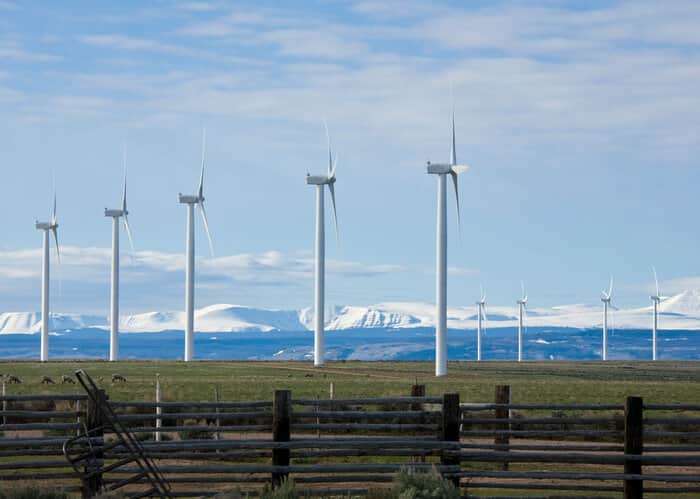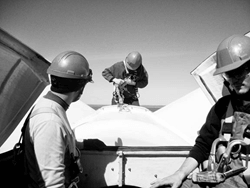Providing renewable energy to the 1.4 billion people who are living without electricity is the No. 1 priority of the United Nations (U.N.), the secretary general of the organization said during a visit Wednesday to the U.S. Department of Energy's National Renewable Energy Laboratory (NREL).
NREL, through its numerous partnerships with the U.N., is playing a crucial role in making that happen, Secretary-General Ban Ki-moon told a group of researchers assembled at NREL's Research Support Facility.
‘I'm here at NREL to learn more about how we can work together on international issues, how research communities can help us realize sustainable energy,’ he told the gathering of NREL employees. ‘I fully support your work.’
Ban said that the U.N.'s goal is that every village in the world have access to electricity by 2030, and that there is a doubling of renewable energy and energy efficiency in the same time frame.
Ron Benioff, manager of international programs at NREL, told Ban that the lab is working with 50 countries – ranging from biofuels partnerships with Brazil, and solar work in China and Europe to efforts to help island nations integrate solar and wind power into their electric grids.
NREL Senior Scientist Doug Arent, executive director of the Joint Institute for Strategic Energy Analysis, showed Ban an NREL-generated wind resource map of Central America, noting that it helped convince Nicaraguan officials to encourage wind energy development in that country.
NREL Director Dan Arvizu told Ban that the lab's mission is ‘to be the steward of our national investment in renewable energy and energy efficiency. We have experts from various disciplines, and that allows us to integrate deployment and come up with market solutions for creative ways to speed the deployment of renewable energy.’



